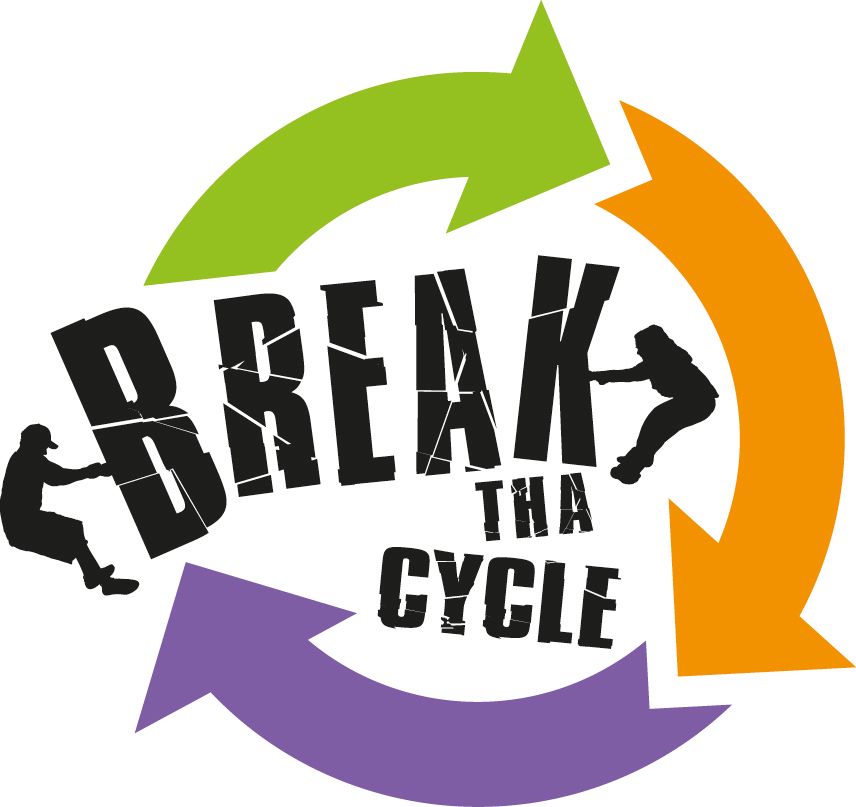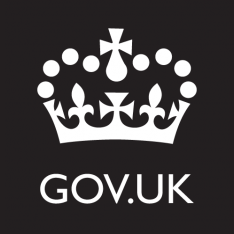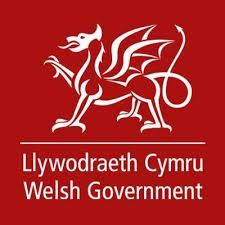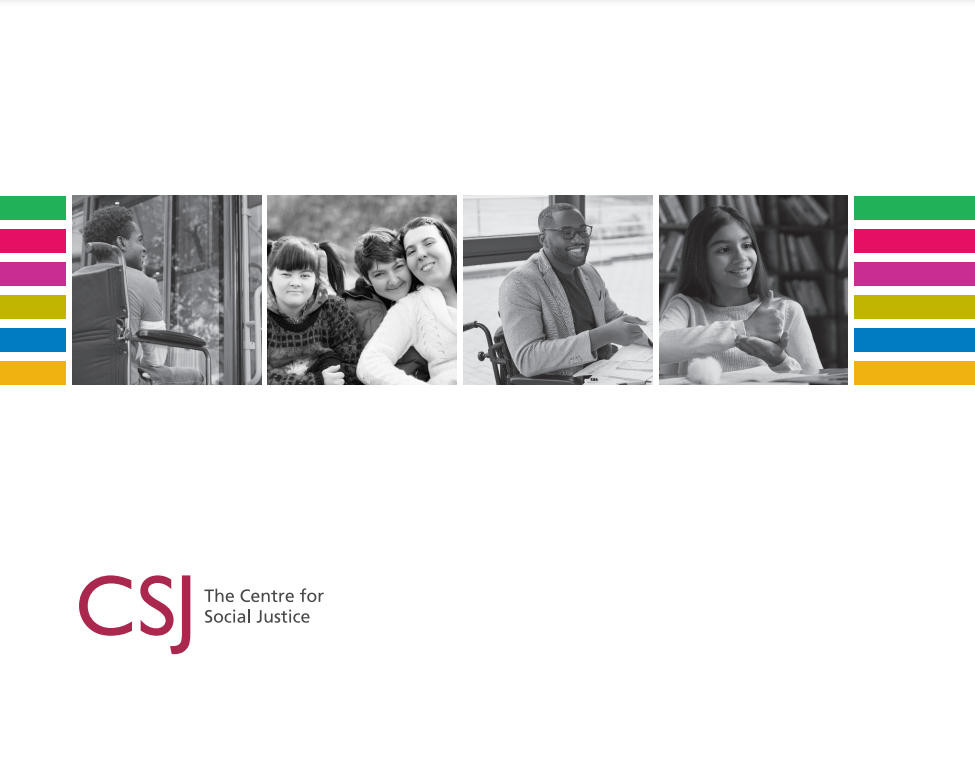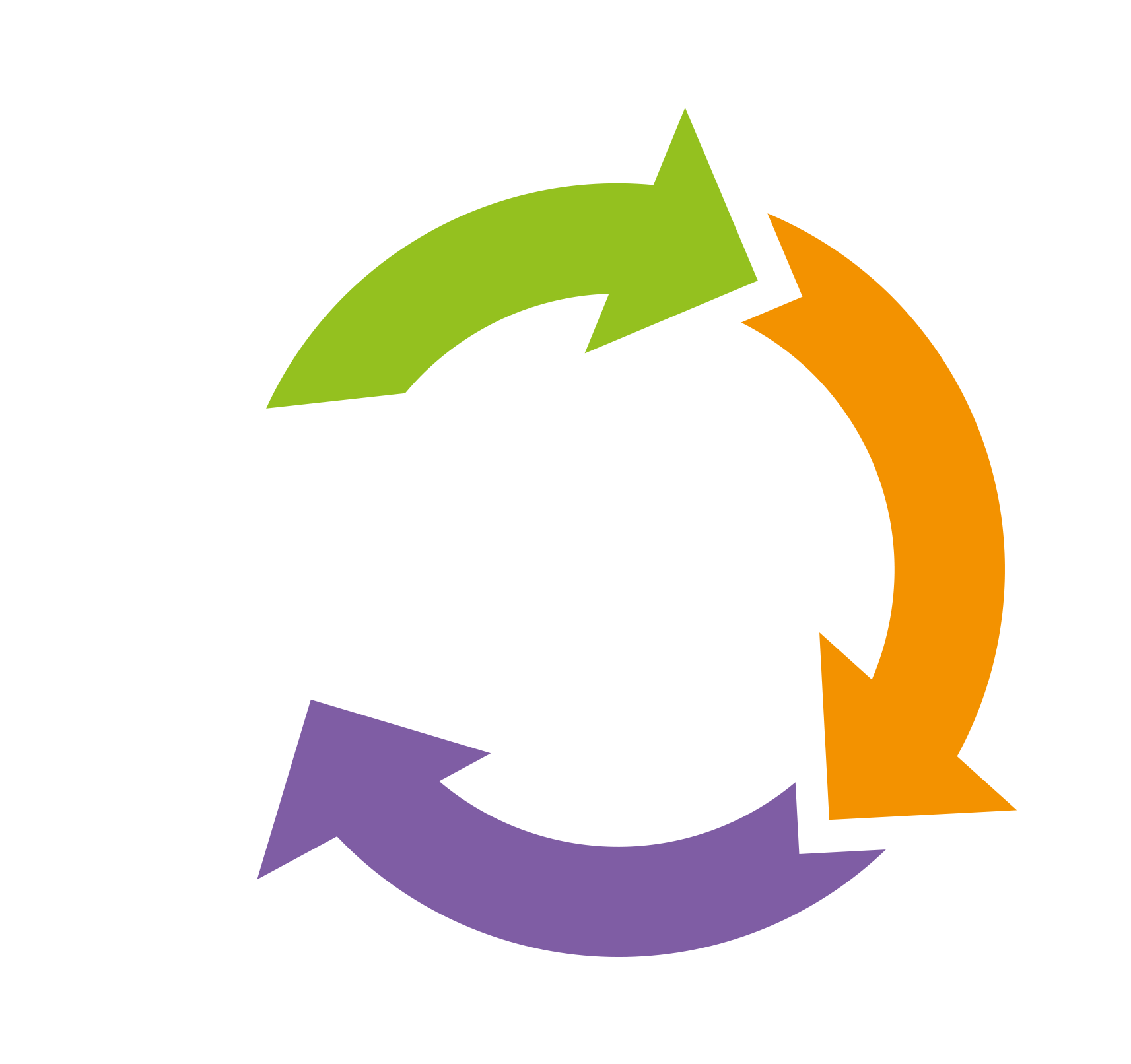Special Educational Needs and Disabilities.
Break Tha Cycle has worked with hundreds of children over the last 9 years and we have supported 70% of children who have a diagnosed need or who are on the neurological pathway.
Supporting
Break Tha cycle has worked with hundreds of children over the last 9 years and we have supported 70% of children who have a diagnosed need or who are on the neurological pathway. It gives us nothing but joy to see the milestones that our children have made, from completing their first puzzle to learning to wait patiently in a line, plus other skills including but not limited to building of self-esteem and confidence, making new friends, taking part in a variety of activities.
There have been so many beautiful moments, learning, reflection and adapting our services to manage the individual's needs.
Overlooked
Children with Special Educational needs and disabilities (SEND) are often 'forgotten' and 'overlooked'. This was exasperated during lockdown where an unprecedented number of children didn't get the support, they needed. (IPSEA)
Special educational needs (SEN) can affect a child or young person’s behaviour, reading and writing, concentration levels, ability to understand things, or their physical ability (Gov.uk 2016).
SEN and EHCs
Not all children and young people with SEN have a learning disability. In 2019/20, 80,135 children in England with a statement of SEN or an Education, Health and Care (EHC) plan had a primary SEN associated with learning disability or difficulty. This is only 29% of all children with a statement of SEN or an EHC plan (Gov.uk, 2020).
However, at the broader level of SEN support (previously School Action and School Action Plus), 228,315 children in England had a primary SEN associated with learning disability (Public Health England, 2020).
